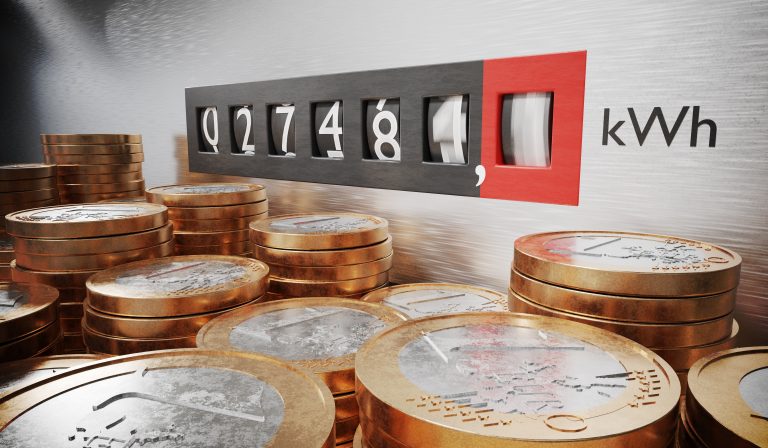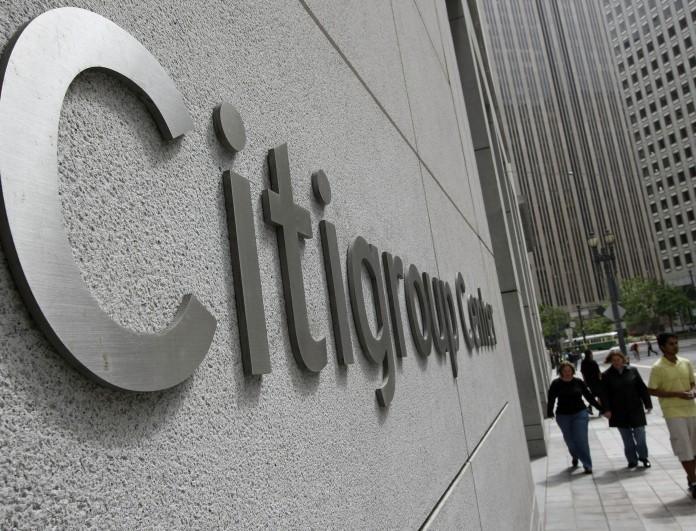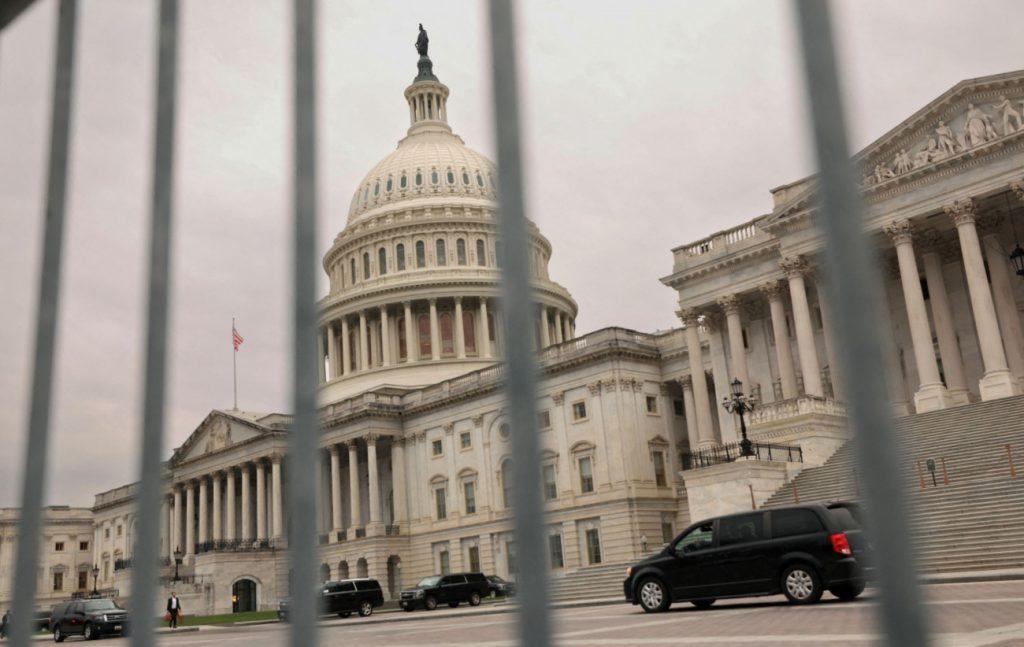Greek households may be struggling to pay their electricity bills due to the large increases in kilowatt-hour prices triggered by the war in Ukraine, but compared to other European household consumers they enjoy lower prices.
This is according to data from the monthly European Household Energy Price Index (HEPI) survey for May. The price surveys were carried out in 33 cities across Europe and, according to them, Athens had a lower electricity price than the average of the sample and the EU.
More specifically, the price of a kilowatt hour was 0.2377 euros when the average of the 33 cities was 0.2574 euros and the average of the 27 EU countries was 0.2717 euros. In Athens, the price of the kilowatt-hour was 13% higher than in April but the capital of Greece remained in the low positions in terms of price levels and in particular it was in 16th place.
The most expensive electricity, as the graph shows, is paid by household consumers in London (0.4975 euro/kWh), Rome (0.4932 euro/kWh), Copenhagen (0.4871 euro/kWh), Vienna (0.4744 euro/kWh) and so on.
In Athens, electricity prices, despite the sharpness of the increases and gas price rises, remain low due to the subsidies provided by the government on household bills. The 13% increase recorded in the capital compared to April is attributed to the fact that the amount of the subsidy in May was lower. The highest increases in other EU cities were recorded in Ljubljana (29%) and Riga (26%).
Subsidies and the cap in prices
The Greek government is expected to continue its policy of subsidising electricity bills in June.
According to available information, the amount for household electricity bills is not expected to change much. It will be lower than the 56.6 euros in May and this is also due to the slight decrease in the wholesale electricity price.
However, the Greek government aims to further decrease prices from July 1 through its intervention mechanism, which includes capping the revenues of power generators and subsidising the final consumer’s bills.
According to reports, the Ministry of Environment and Energy is expected to have sent the legislative provision to the European Commission’s Directorate General for Competition by the end of the week, in order to get approval for its implementation.












![Οι αλλαγές στα ψηφιακά στοιχεία διακίνησης αποθεμάτων [Μέρος 2ο]](https://www.ot.gr/wp-content/uploads/2026/01/income-tax-4097292_1920-1.jpg)



























